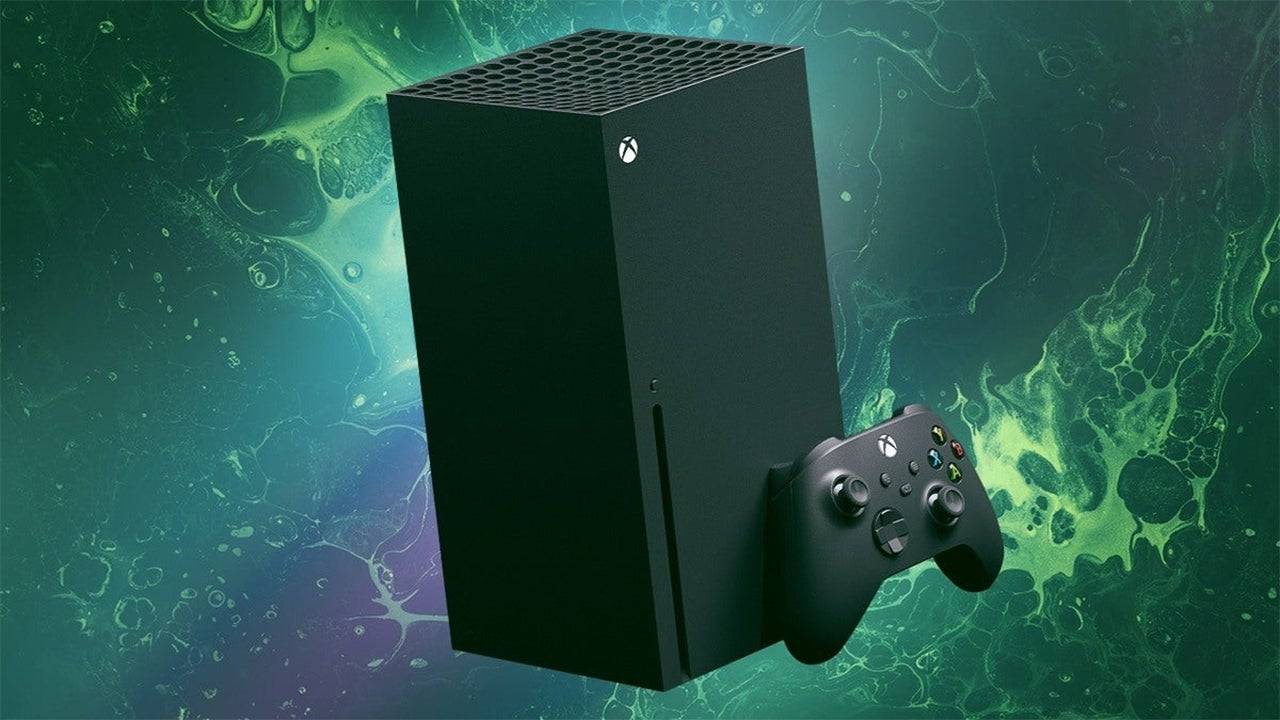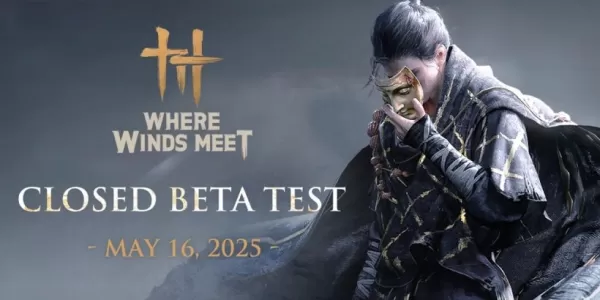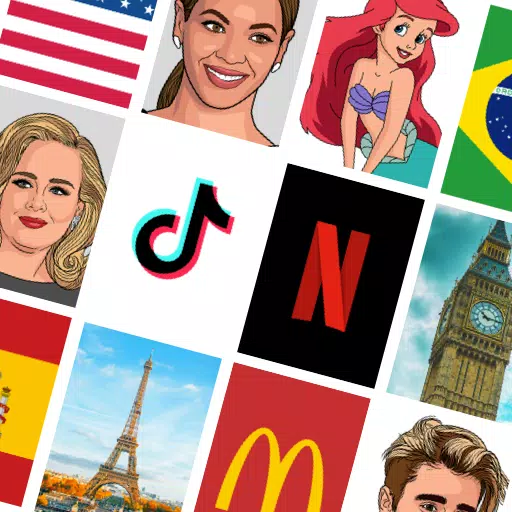The debate over PlayStation versus Xbox has been a defining conversation in the gaming world for decades. Whether it's sparked discussions on Reddit, TikTok, or among friends, this rivalry has been central to gaming culture. While PC and Nintendo fans have their own loyal followings, the narrative of the last two decades has largely been driven by the competition between Sony and Microsoft. Yet, as the gaming landscape has transformed, especially in recent years, the question remains: Is the console war still raging, or has a clear winner emerged? The answer might surprise you.
The video game industry has undergone significant evolution, becoming a financial powerhouse. In 2019, global revenue reached $285 billion, soaring to $475 billion by last year. This figure surpassed the combined earnings of the global movie and music industries, which totaled $308 billion and $28.6 billion respectively in 2023. Analysts project the industry to hit nearly $700 billion by 2029, a remarkable growth from its humble beginnings with games like Pong.
This financial boom has drawn Hollywood stars such as Mads Mikkelsen, Keanu Reeves, Jon Bernthal, and Willem Dafoe to video game roles in recent years, reflecting a shift in the perception of gaming as a mainstream entertainment medium. Even giants like Disney are making significant strides into the gaming world, with a $1.5 billion investment in Epic Games as part of Bob Iger's strategy to expand Disney's gaming footprint. However, not all companies are riding this wave of success equally, as evidenced by Microsoft's challenges with its Xbox division.

The Xbox Series X and S were designed to surpass the Xbox One in every aspect, yet they have struggled to capture the market's enthusiasm. The Xbox One continues to outsell the Series X/S by nearly double. According to Circana's Mat Piscatella, the current console generation may have already peaked in sales, a troubling sign for Xbox. Statista's 2024 data shows the Xbox Series X/S selling less than 2.5 million units for the entire year, while the PlayStation 5 achieved the same sales figure in just the first quarter. Rumors of Xbox potentially exiting the physical game market and pulling out of console sales in the EMEA region further suggest a strategic retreat.
Microsoft has openly acknowledged that Xbox never had a real chance in the console war. As the Xbox Series X/S struggles to match the Xbox One's sales, Microsoft is shifting its focus away from traditional console manufacturing. Xbox Game Pass has become a cornerstone of Microsoft's strategy, with significant investments in cloud gaming. Leaked documents show Microsoft's willingness to pay substantial sums to include high-profile titles like Grand Theft Auto 5 and Star Wars Jedi: Survivor on the service. The 'This Is An Xbox' campaign redefines Xbox not just as a console, but as a comprehensive gaming service accessible across multiple devices.
Microsoft's strategic pivot is further evidenced by rumors of an Xbox handheld in development, aiming to create a hybrid cloud gaming platform. Phil Spencer, Xbox chief, has acknowledged the dominance of mobile gaming, guiding Microsoft's direction towards a more versatile gaming ecosystem. In 2024, out of the estimated 3.3 billion gamers worldwide, over 1.93 billion play on mobile devices. The mobile gaming market has grown to $92.5 billion, representing half of the industry's $184.3 billion valuation, while console gaming's share has declined to $50.3 billion.

The shift towards mobile gaming isn't new; by 2013, it was already outpacing console gaming in Asia. Mobile titles like Puzzle & Dragon and Candy Crush Saga out-earned GTA 5 in 2013, and throughout the 2010s, mobile games dominated the highest-grossing charts. This trend highlights the changing dynamics of the gaming industry, with mobile gaming becoming a dominant force across all demographics, especially among Gen Z and Gen Alpha.
While mobile gaming surges, PC gaming has also seen significant growth, with an increase of 59 million players annually since 2014, reaching 1.86 billion by 2024. However, the console-to-PC market gap has widened to $9 billion, indicating a complex landscape where PC gaming's rise is not necessarily at the expense of consoles.

Meanwhile, Sony's PlayStation 5 has enjoyed strong sales, with 65 million units sold, significantly outpacing the Xbox Series X/S's 29.7 million. Sony's Game and Network Services reported a 12.3% profit increase, driven by robust sales of first-party titles like Astro Bot and Ghost of Tsushima Director's Cut. Analysts predict Sony will sell 106.9 million PS5s by 2029, while Microsoft's projections suggest a more modest 56-59 million units for the Xbox Series X/S by 2027. With Xbox titles potentially coming to PlayStation and other platforms, Sony seems poised to maintain its lead in the console market.
However, the PS5's dominance is not without challenges. A significant portion of PlayStation users still prefer the PS4, and the PS5 has only a handful of exclusive titles that justify its $500 price tag. The PS5 Pro's lukewarm reception, with its early release and reliance on slightly upscaled remasters, suggests that the console is not yet a must-have. The upcoming release of Grand Theft Auto 6 could change this, providing a significant boost to the PS5's appeal.
The true victor in the console war appears to be mobile gaming, which is increasingly becoming central to the industry's future. With companies like Tencent potentially acquiring major studios and mobile gaming driving significant revenue, the next phase of gaming will likely focus on cloud services and accessibility across devices. The console war may be over, but the battle for dominance in mobile gaming is just beginning.






























